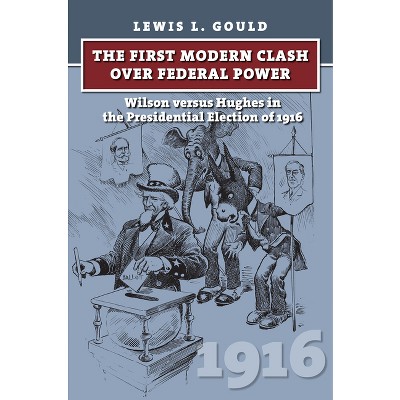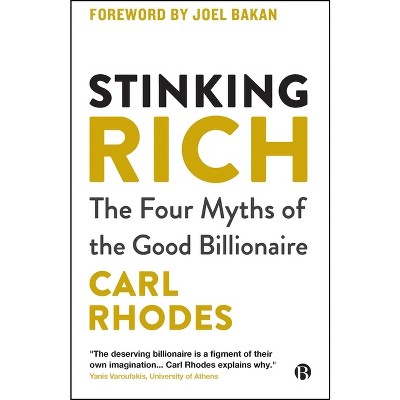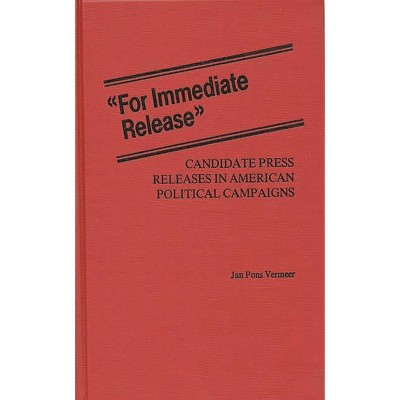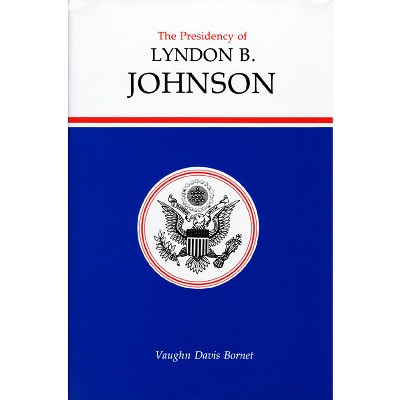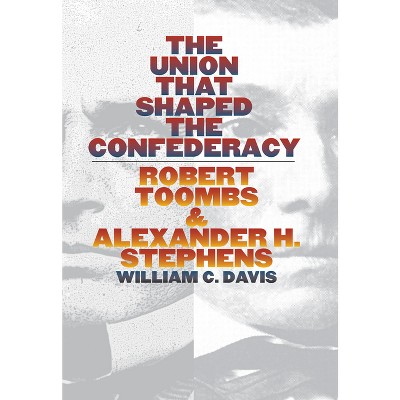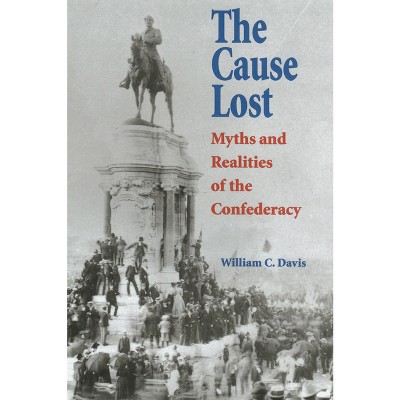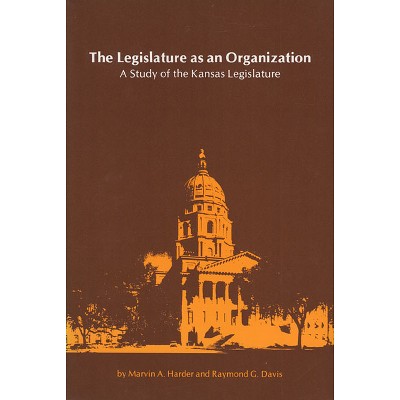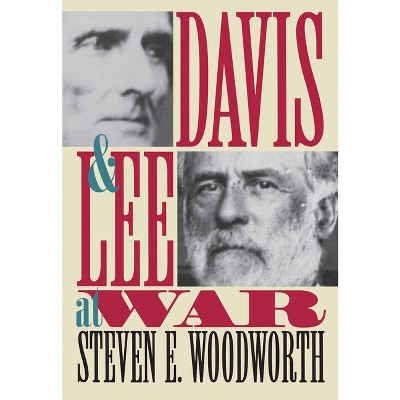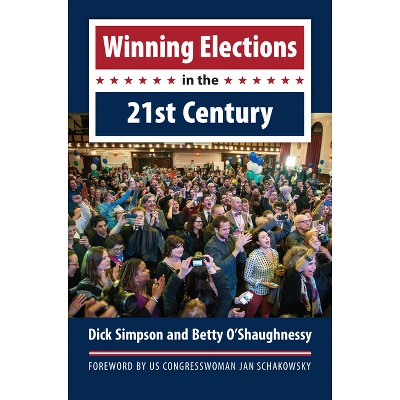Sponsored

Beyond the Ivory Tower - by Richard Davis (Paperback)
In Stock
Sponsored
About this item
Highlights
- While academics often treat their subject matter with a posture of detached objectivity, some have moved beyond the ivory tower of academia toward a more personal and active engagement with their area of research.
- Author(s): Richard Davis
- 198 Pages
- Political Science, Political Process
Description
About the Book
"In this book, longtime political scientist Richard Davis tells the stories of academics who have reached beyond the ivory tower-not only scholars in the past, but also his own story of working in party politics in Utah. He frames his political activism within the context of a larger trend in political science away from the affairs of academia toward more public and political engagement. Some political scientists have become purely activists; a few have left academe and accepted appointments in government or have been elected to full-time office. Davis discusses different ways to remain both active in academic life while also becoming more publicly engaged in the community and state where one lives. At a time when higher education is going through a crisis, this book shows how political scholars may find alternative ways to explore their passion for politics"--Book Synopsis
While academics often treat their subject matter with a posture of detached objectivity, some have moved beyond the ivory tower of academia toward a more personal and active engagement with their area of research. The field of political science lends itself particularly well to this kind of activity given the relevance, impact, and importance of civic engagement and the political landscape of our daily lives. Early in the discipline, Woodrow Wilson, Charles Merriam, and other leaders of the American Political Science Association were civically engaged citizens as well as active scholars and teachers. However, discipline and institutional barriers have discouraged contemporary engagement.
In Beyond the Ivory Tower: The Case for Civically Engaged Political Scientists, Richard Davis tells the stories of past and present academics who have ventured beyond the academy. He frames his own story of political activism in Utah within the context of the need for political scientists to step away from the cloistered affairs of academia toward more public and political engagement. Davis discusses different ways to remain active in academic life while also becoming more publicly engaged in one's community and state. This book shows how political scientists may find alternative ways to explore their passion for politics and not only advocate civic engagement but also become actively engaged citizens themselves.
Beyond the Ivory Tower skillfully discusses the institutional and cultural barriers to academic civic engagement and proposes solutions to overcome them while offering examples of political scientists who have been active citizens in a variety of forums, including running for office, serving in government, and founding and leading nonprofit organizations.
Review Quotes
"Beyond the Ivory Tower will be informative and inspirational for a substantial community of political scientists who want to be politically engaged."--Peter Levine, Lincoln Filene Professor of Citizenship & Public Affairs, Tufts University
"Richard Davis makes the compelling case that political scientists will be better scientists and better teachers if they are also civically engaged. Through civic engagement, political scientists can broaden their perspective about how politics work and maximize their impact both inside and outside of the classroom. By providing examples of how political scientists have successfully straddled the worlds of academe and practical politics, Davis offers a path forward for those who are ready to embrace the civic mission of higher education: educating citizens for democracy. By practicing what they preach, civically engaged teacher-scholars, like Davis, provide valuable insights into how the concepts, theories, and facts they study and teach work in the real world while modeling the type of active citizenship we need for US democracy to thrive."--Elizabeth A. Bennion, Chancellor's Professor of Political Science, Indiana University South Bend
"Political scientists are often criticized for producing research that is disconnected from the real-world problems people experience or for failing to engage in activities like running for office or trying to influence policy or public opinion. Sharing his experience as both a scholar and activist and presenting the experiences of other academics who have done the same, in Beyond the Ivory Tower Richard Davis presents a roadmap for how political scientists can use their knowledge to weigh in on some of the most important social and political issues facing society, and meaningfully engage in politically relevant work beyond the academy."--Bilal Dabir Sekou, associate professor of political science, University of Hartford
Shipping details
Return details
Frequently bought together

